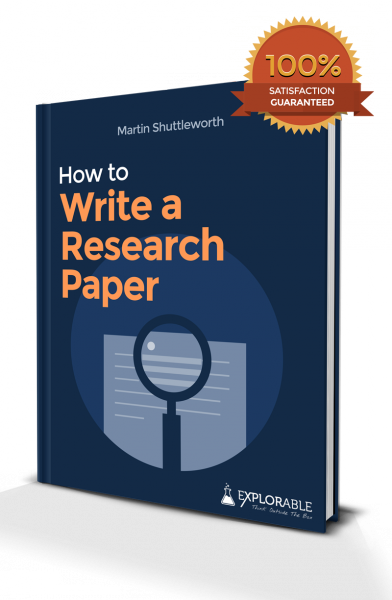
- Home >
- Disadvantages of Peer Reviews
Disadvantages of Peer Reviews
Here is a list of disadvantages of peer reviews:
This article is a part of the guide:
Browse Full Outline
Because the double blind system is rarely used, due to its impracticality, there are often accusations that papers are judged on the reputation of the author instead of quality.
An excellent paper written by a new or maverick scientist can be rejected, whilst a poorer but uncontroversial paper by an established researcher can sail through the peer review process.
Because the double blind system is rarely used, due to its impracticality, there are often accusations that papers are judged on the reputation of the author instead of quality.
An excellent paper written by a new or maverick scientist can be rejected, whilst a poorer but uncontroversial paper by an established researcher can sail through the peer review process.
The whole process, especially for prestige journals, is very time consuming and expensive. Papers can be held up for many months, whilst approval is sought and, if a researcher has a series of experiments planned, progress may be hampered progress.
Much of the decision-making power rests in the hands of the editors, who are the link between author and referee. In most cases, this is fine, and helps the process to proceed smoothly, but it can lead to misuse of this authority. Editors often stand accused of arbitrarily rejecting manuscripts before they reach the peers.
There is evidence that decisions are often judged by country: a US based journal is much more likely to reject non-US papers, whatever the quality.
Peer reviewers have not got an easy job spotting conflicts of interest, such as the source of a researcher’s funding, only that the research was followed to acceptable protocols.
Whilst the process can pick out any obvious omissions and errors, it is impossible for the reviewers to detect determined fraud without replicating the experiment. This limitation is not crippling, but journals could certainly do a better job of making this clear.
There are no grading systems about the quality of the peer review. Different journals have different standards, and there is no way to know the expertise and quality of the reviewers or editor. In the past, less reputable journals generally had a smaller readership, but the internet has made them just as likely to be accessed and used.
Martyn Shuttleworth (Sep 12, 2009). Disadvantages of Peer Reviews. Retrieved Feb 27, 2026 from Explorable.com: https://explorable.com/disadvantages-of-peer-reviews
You Are Allowed To Copy The Text
The text in this article is licensed under the Creative Commons-License Attribution 4.0 International (CC BY 4.0).
This means you're free to copy, share and adapt any parts (or all) of the text in the article, as long as you give appropriate credit and provide a link/reference to this page.
That is it. You don't need our permission to copy the article; just include a link/reference back to this page. You can use it freely (with some kind of link), and we're also okay with people reprinting in publications like books, blogs, newsletters, course-material, papers, wikipedia and presentations (with clear attribution).
This article is a part of the guide:
Browse Full Outline
Footer bottom




